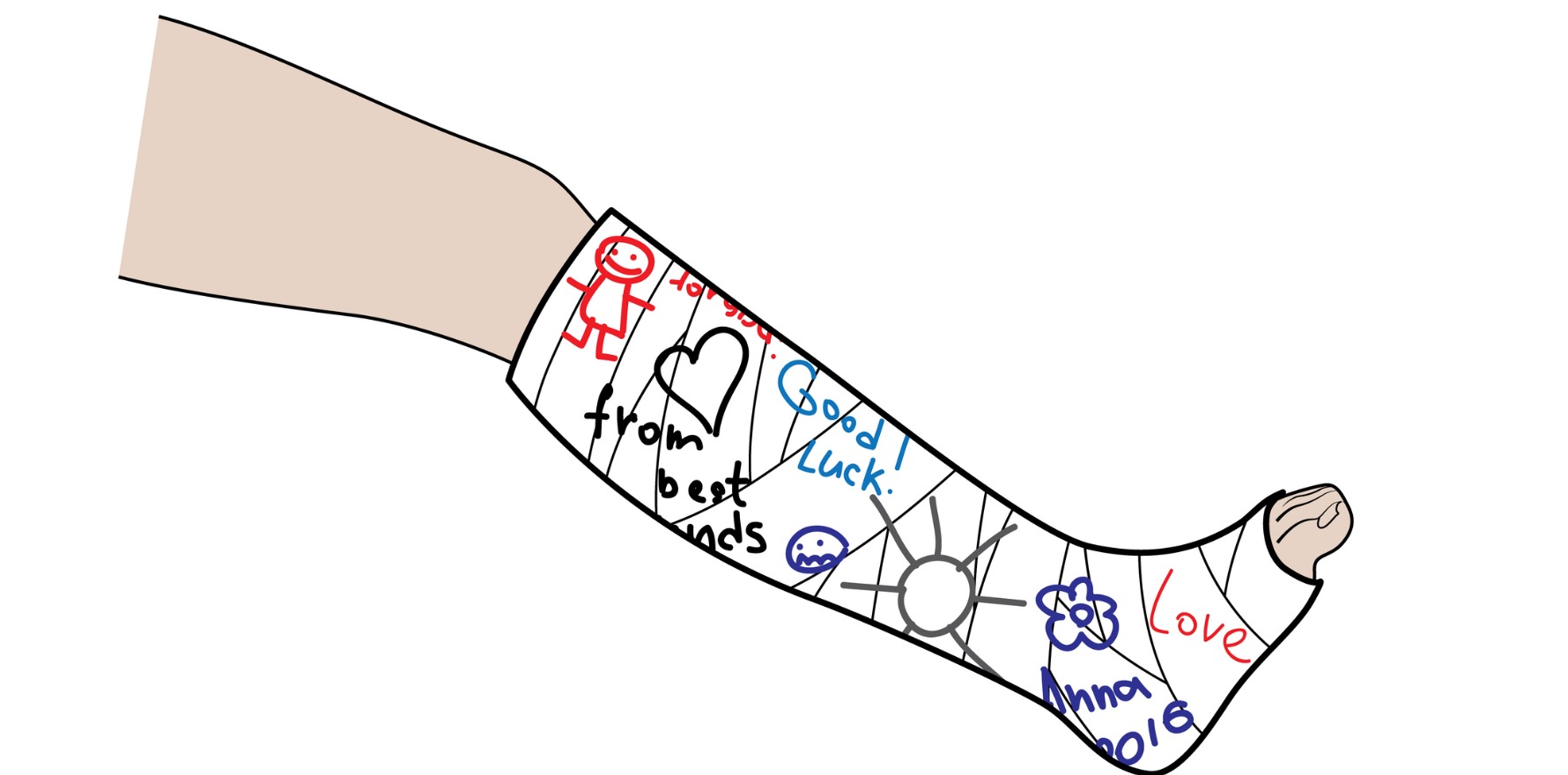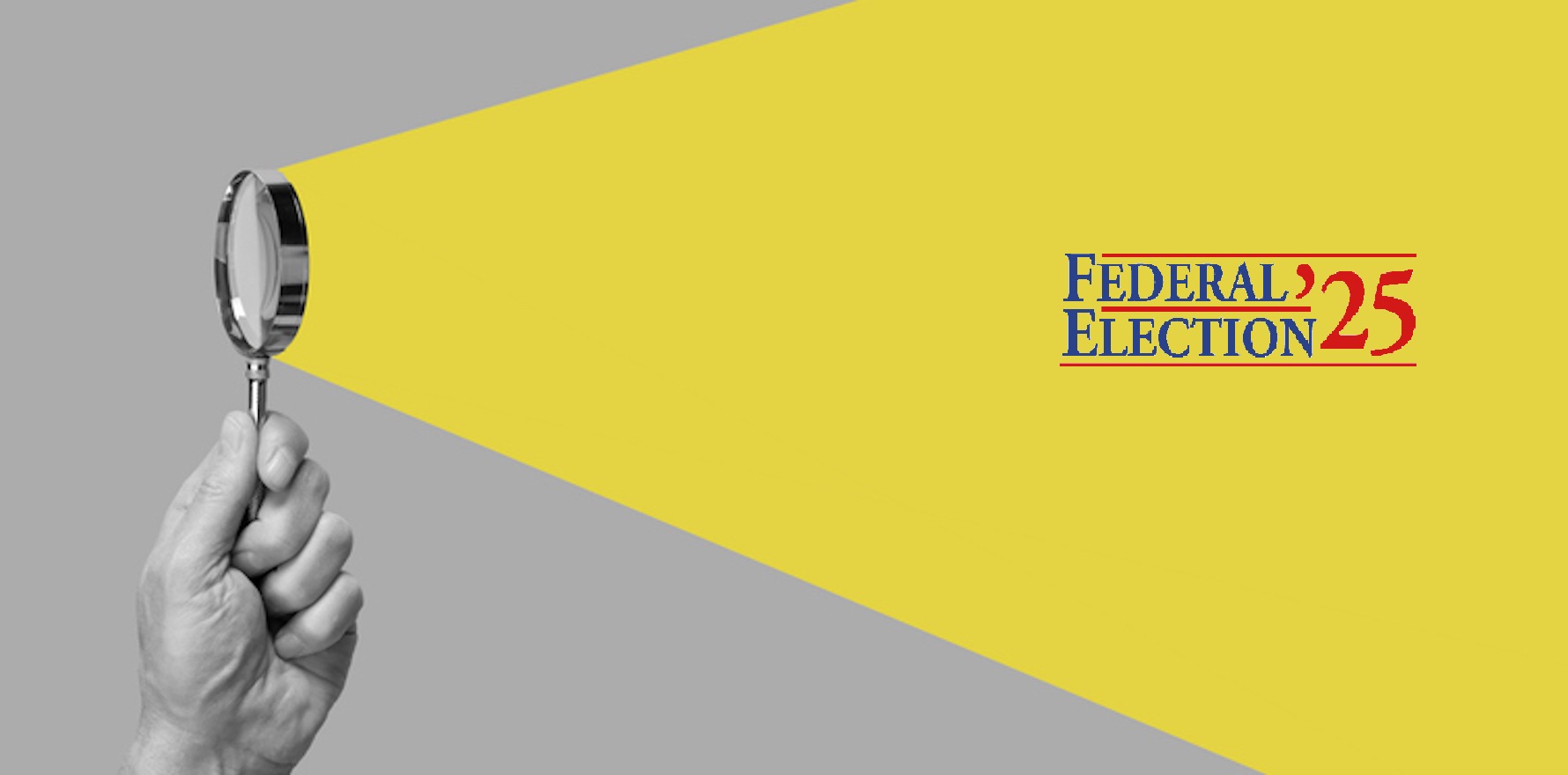Government-funded Medicare urgent care clinics cop their fair share of criticism, but not from the doctors who work at them.
Federal health minister Mark Butler may have made it clear that Medicare Urgent Care Clinics are going nowhere, but the model has drawn fire from GP advocacy bodies across the board.
Responding to an interim evaluation of the model released last month, RACGP president Dr Michael Wright told The Medical Republic he was concerned that UCCs were expensive, fragmenting care and exacerbating the workforce shortage.
While the evaluation did conclude that each presentation to a UCC cost the taxpayer around $246.50 – a number the college has criticised as being comparatively high – it also found that the providers working at the clinics were satisfied.
“Commissioners … reported there was a positive team environment at the Medicare UCCs and the acuity of the caseload offered a refreshing change to the normal patient case mix in general practice,” the interim report said.
“Some reported that the flexible hours available at the Medicare UCCs were attractive to many GPs.
“Commissioners held the view that Medicare UCCs were reducing burnout of primary care staff in remote clinics, as they are easing the burden of regular on-call hours, enabling them to take holidays and take breaks outside of their regular working hours.”
South Australian GP Dr Carolyn Roesler, who works at Elizabeth UCC, said that her colleagues advocating against urgent care clinics have the wrong end of the stick.
“From a GP perspective, [urgent care] is often looked at as a competitive system – but it to me, it is absolutely complementary to general practice and provides patients with timely and accessible care that they just can’t avail,” she told TMR.
“It doesn’t matter how good a GP system we’ve got, these urgent cases and acute needs that are going to [emergency departments] will always be there.”
Dr Roesler, who continues to work in regular general practice, rejected the idea that UCCs were exacerbating the workforce shortage to the extent that some parties have made out.
“I’ve worked in [emergency departments] for 27 years,” she said.
“I’ve always had it as a component of my general practice, because you can get completely bogged down by chronic illness and mental health.
“For most of us in the GP space [urgent care work] is a stimulus, but it’s an upskilling.
“As GPs, we look at ourselves as having these siloed roles, but GPs are in multiple roles around the country.
“I’m on governing boards for hospitals, [and] it’s not doing my patients any disservice.”
In the Elizabeth UCC, Dr Roesler said she frequently sees elderly patients with skin tears or UTIs, as well as small children and immunocompromised patients who might otherwise avoid crowded emergency departments.
Of the 33,000 consults that have come through the centre, she said, around 66% of patients indicated they would have otherwise gone to an emergency department and 35% wouldn’t have gone anywhere.
These figures roughly tally with the interim report findings, which estimated that around 46% of patients would have attended hospital emergency if not for the UCC.
“We are really strict [about who we treat],” Dr Roesler said.
“When somebody comes in with a seven-day history of abdominal pain or an undifferentiated problem of bleeding … they’re not included.
“We’re audited on our inclusion, so we are not taking GP problems.”
There are exceptions to this, however.
“We always assume we know what’s urgent in a patient’s mind,” Dr Roesler said.
“If you’re an elderly couple, and for example, I had one [patient] who was completely and utterly deaf from impacted ear wax.
“Now, ear wax in an ear is not strictly our inclusion, but he’s the sole carer for his wife who has got dementia.
“He can’t open the door to the carers [if he can’t hear them].
“We’re all doctors, we’ve all got to just think ‘what is the best thing for this person at this given point in time’.”
GP enthusiasm for urgent care work transcends models.
Tasmanian GP Dr Toby Gardner runs one of the few private urgent care clinics in Australia.
Like the government-funded version, it’s staffed with both doctors and nurses and is attached to a regular GP clinic.
“I’m an ex-rural-hospital doctor, [and I have been] in GP for about 12 years, and I was just getting frustrated with having to send patients with disfigured fractures and so forth to the emergency department to get reduced when I knew that I had the skills to do it,” he told TMR.
“So we … decided to, as partners, collectively put some money in to build a new nursing area that could also double as a short-stay private ED-type setup.”
Related
Patients pay $150 out-of-pocket as a service fee and receive the full Medicare rebate for any consultation.
Before the national UCC program was rolled out, the facility did receive state government subsidies for concession card holders.
“We would actively turn [GP-type presentations] away and say, ‘we can’t treat you because we have to report to the state government’,” Dr Gardner said.
“Now that we’re fully private, because the state government withdrew all funding from us [when the Medicare UCC opened] at the end of last year … if people want to come for a GP-type appointment, because they … [need] a script before they jump on a plane and they’ll pay $150 for convenience, that’s fine.
“That’s the actual patient choosing to pay that money … because we’re privately billing, we don’t really feel that we have to turn different types [of patients] away.”
Dr Gardner said staffing levels at his main practice had been relatively unaffected by the private urgent care clinic.
“The current generation of doctors, none of them want to do five days a week in a general practice,” he said.
“They all want to do a little bit of everything, but keeping them onsite means they can pretty easily move between their general practice day to doing an urgent care shift and then going back and finishing off some GP stuff that might need finishing.
“That’s what I’ll often do – take phone calls and scripts and follow up my GP patients when it’s not busy [in urgent care].
“Personally, I feel we’ve got the ideal model.”





